Advanced Grid Modeling
Advanced Grid Modeling
Better grid support
with powerful predictive
analytics and modeling tools
Better grid support
with powerful predictive
analytics and modeling tools
About AGM at PNNL
As the electric power grid becomes more complex, dynamic, and uncertain, it is important to improve its reliability, resiliency, security, and flexibility. The industry and regulators need advanced tools to help them make better use of the vast amount of grid data to support their planning and decision making. This becomes particularly important under the uncertainty of integrating renewable energy resources into the grid and advanced smart technologies applied to smart loads.
To address this need, the U.S Department of Energy’s Office of Electricity has provided leadership in the research area of Advanced Grid Modeling (AGM) for many years. PNNL is one of the main supporting organizations for the AGM program.
This program applies tools and techniques that include advanced computing, artificial intelligence (AI), machine learning, advanced modeling and control approaches, quantitative risk and uncertainty methods, and advanced visualization tools. Together, these tools form analytic solutions to evaluate the state of the power grid in real time, predict operational conditions and system status to determine corrective actions, and support system operations and planning.
Providing faster and better decision-support leads to a more reliable and efficient power grid. Specifically, the AGM program benefits the industry by giving grid operators wide-area, real-time visibility of grid conditions and by providing improved predictive capability. The program also provides governmental policy makers with analytical tools to guide regulatory policy.
The PNNL AGM research team is engaged in transforming the electric power grid analysis and tools using mathematical and computational methods. PNNL's primary areas of research under the AGM program include:
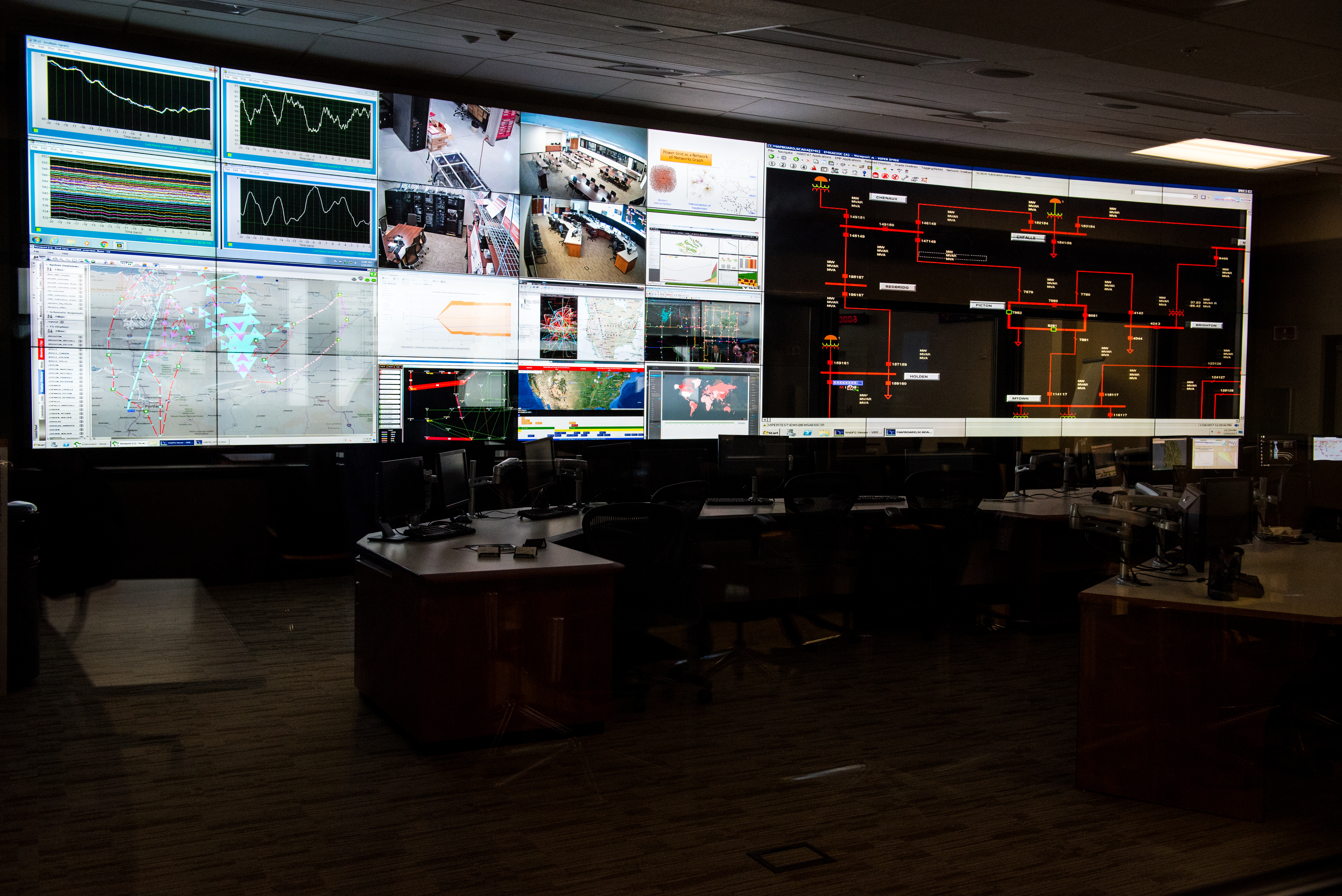 Adaptive RAS/SPS system settings for improving grid reliability and asset utilization through predictive simulation and controls | 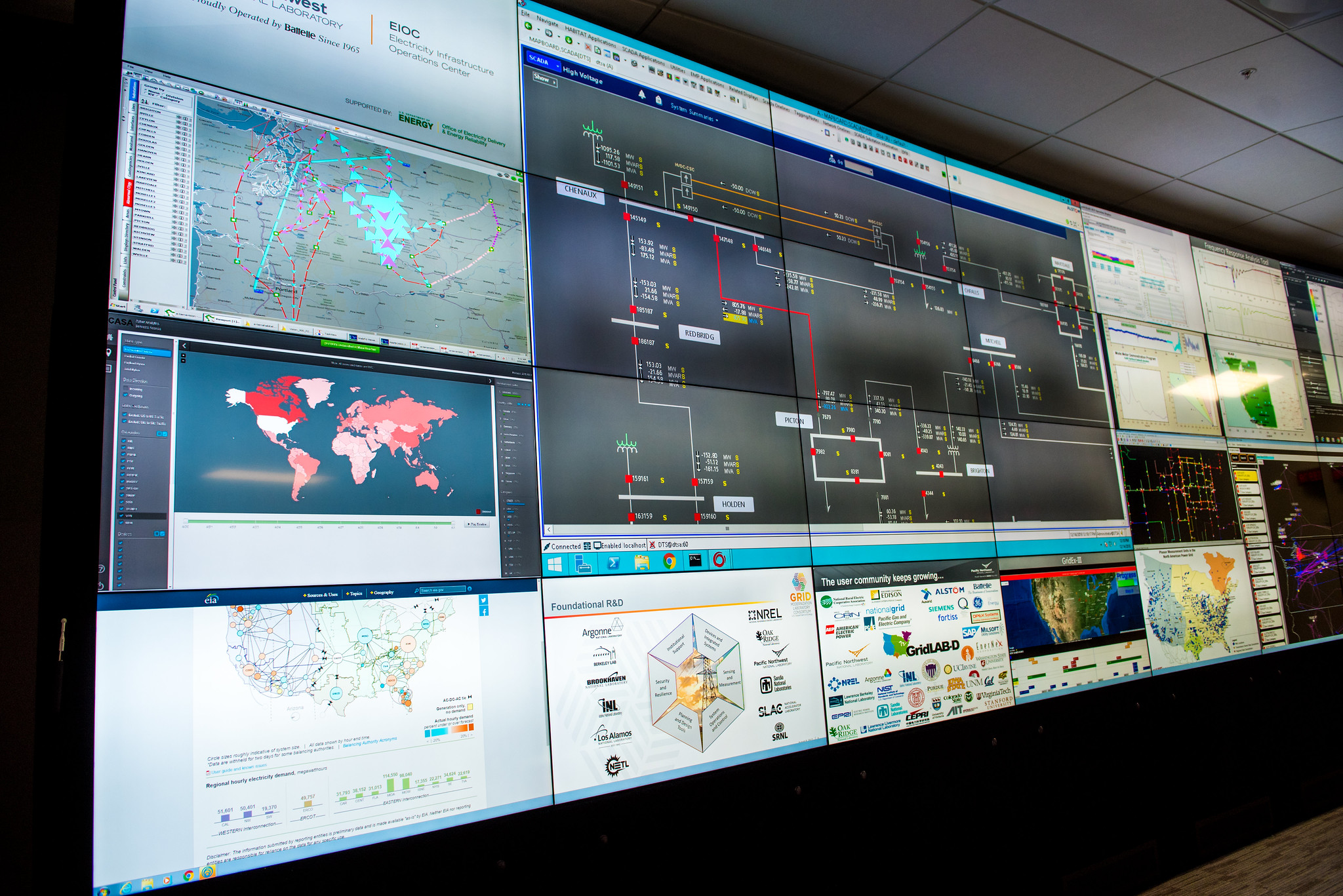 Coordination of transmission, distribution, and communication systems for prompt power system recovery after disasters |  Energy Management System 2.0: A Hybrid State Estimator for Multiscale Grid Resilience and Reliability |
 GridPACKtm: An open source framework for developing high performance computing simulations of the power grid |  Integrated State Estimation and Contingency Analysis |  Open source and high-fidelity aggregate composite load models of emerging load behaviors for large scale analysis |
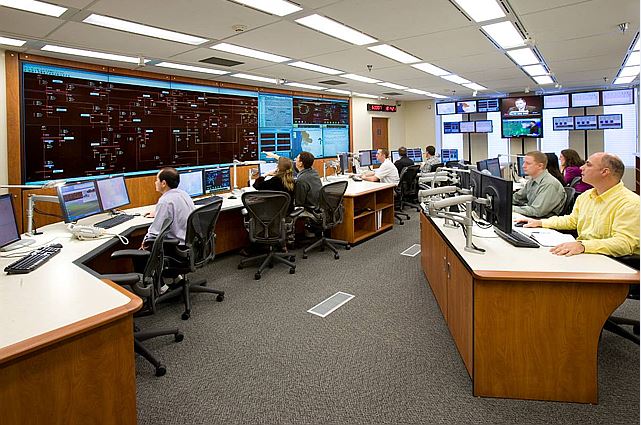 Dynamic paradigm for grid operation |  Stochastic Operations and Planning | 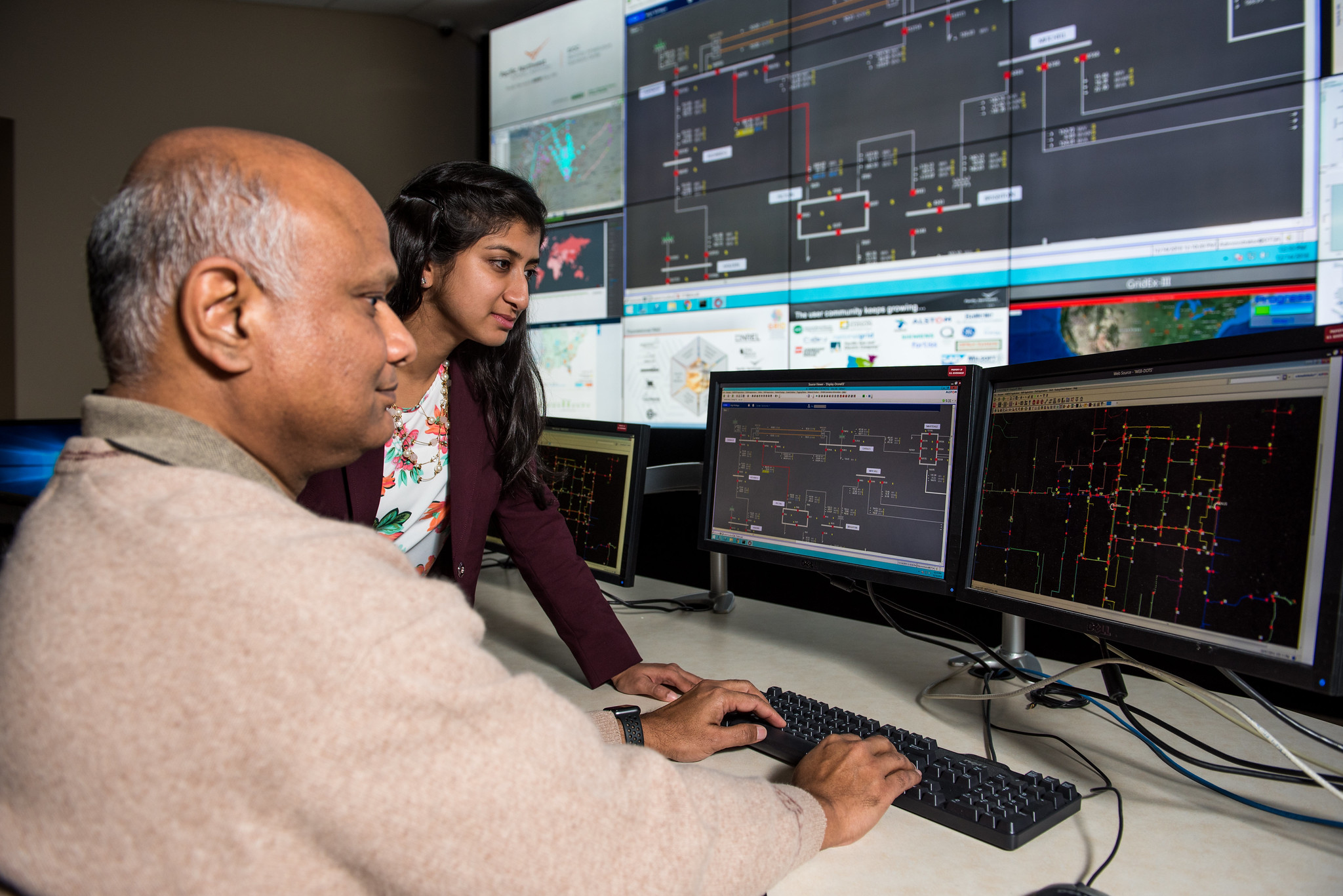 PowerDrone: Adaptive steering of power systems for resilient operation under adversarial conditions |
 Wide Area Oscillation Assessment and Trending Analysis | 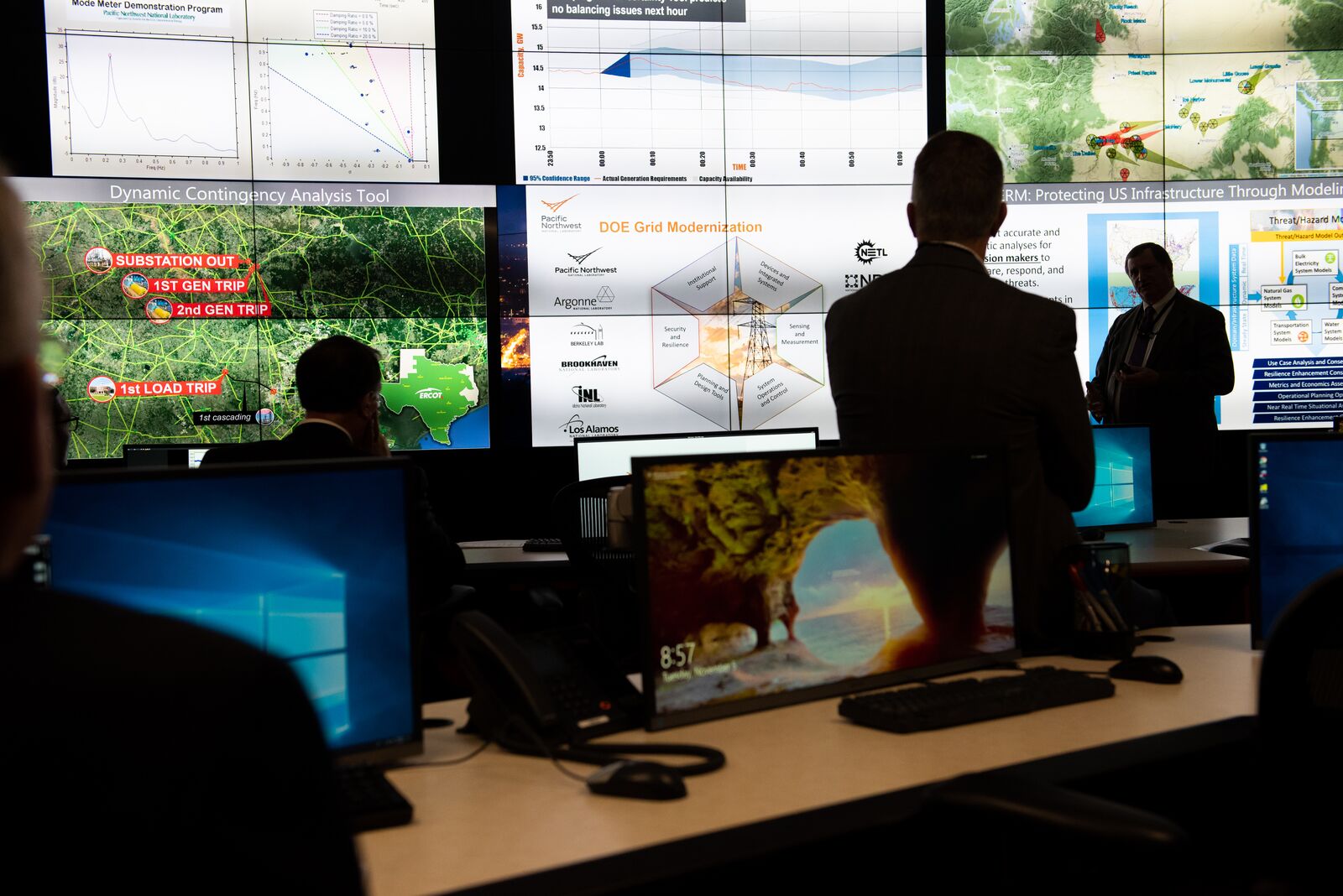 Developing high performance computing platform to parallelize Dynamic Contingency Analysis Tool (DCAT) for Cascading Outage Analysis |  New analytical approaches to ensure grid resiliency under high penetration of centralized and distributed inverter-based resources |
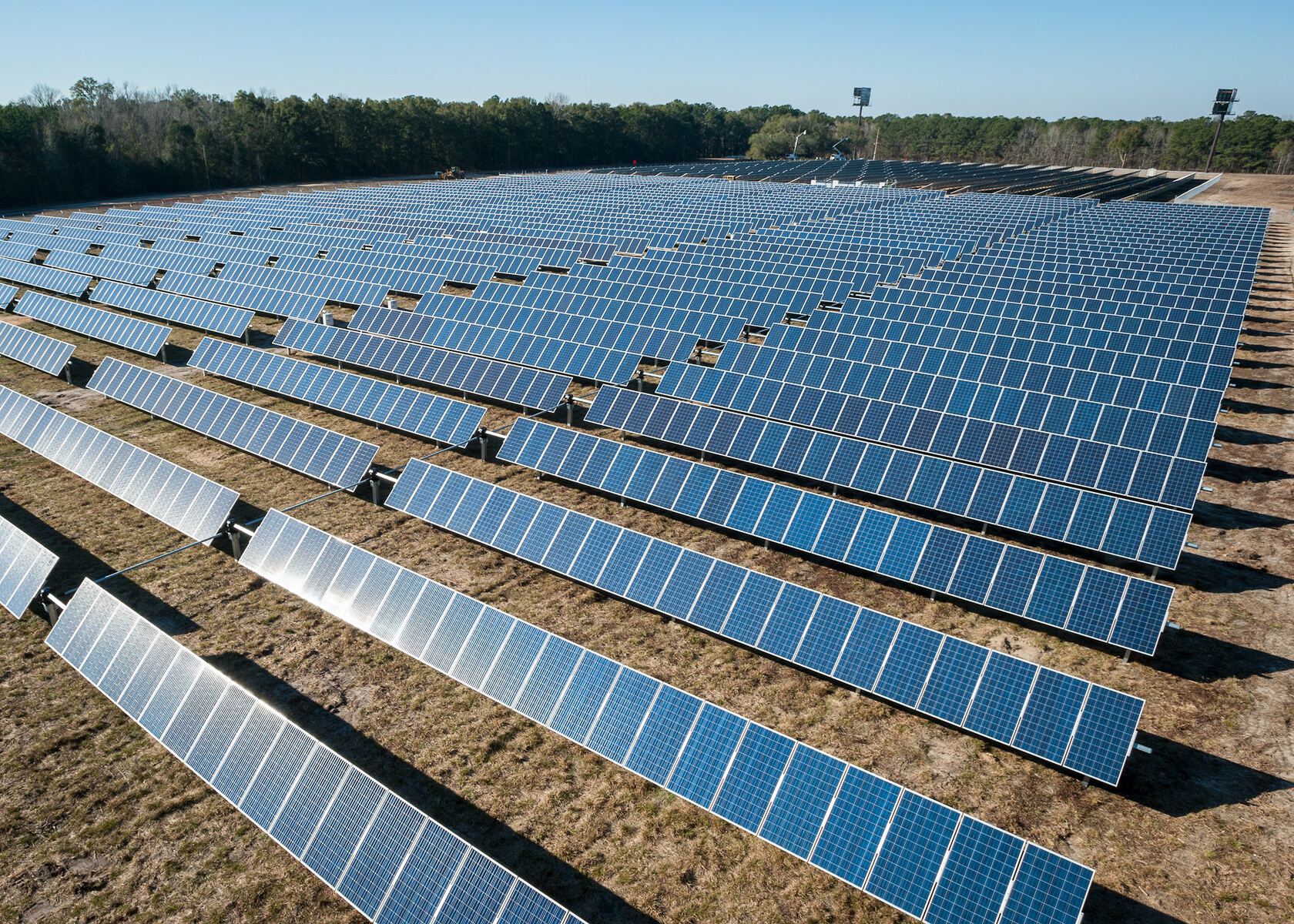 A machine learning framework for DCAT to assess power grid security for future grid planning | 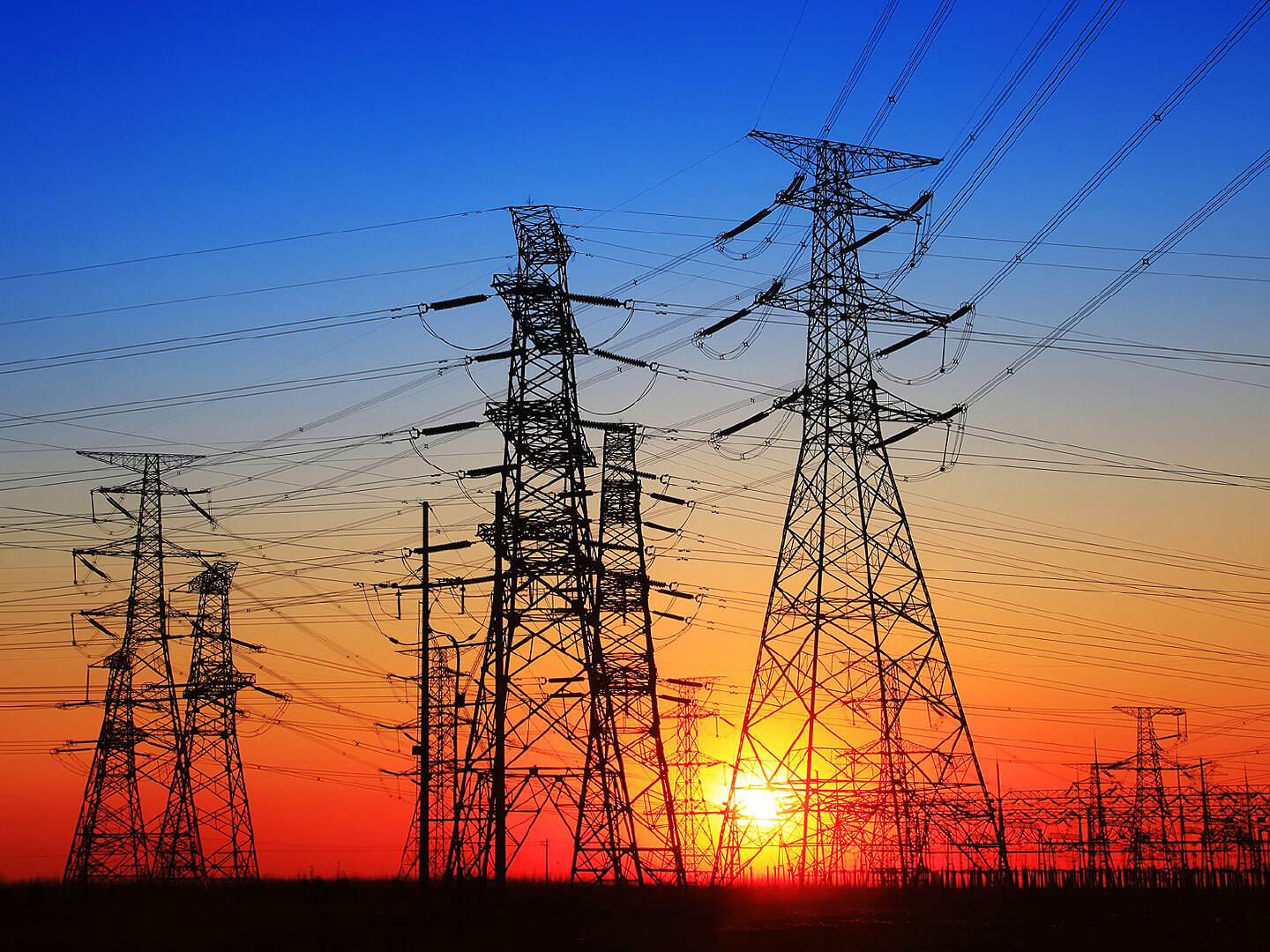 Learning to adapt and control for complex power systems | 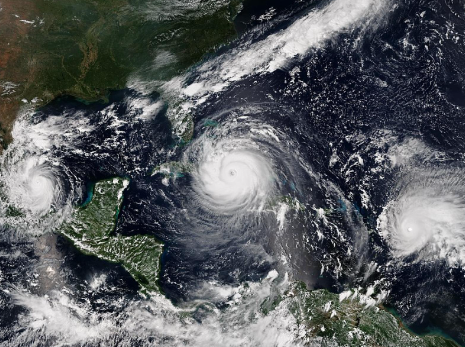 Restoration planning following a large-scale extreme event using DCAT |
 Integrating DERs Using Advanced United Commitment Models and DER Aggregation Methods | 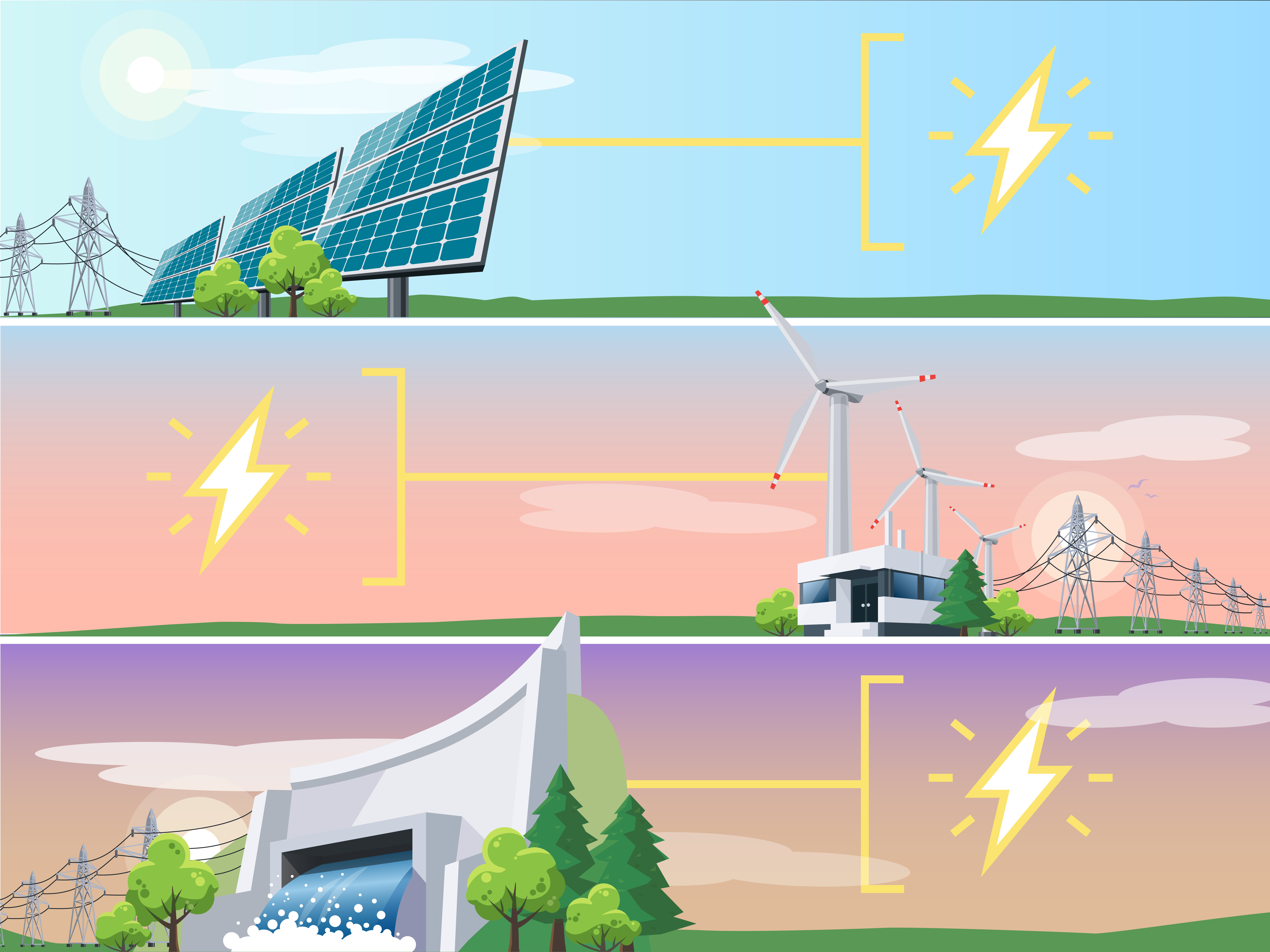 Controllable Transmission for Increasing Overall System Flexibility and Resilience |
|